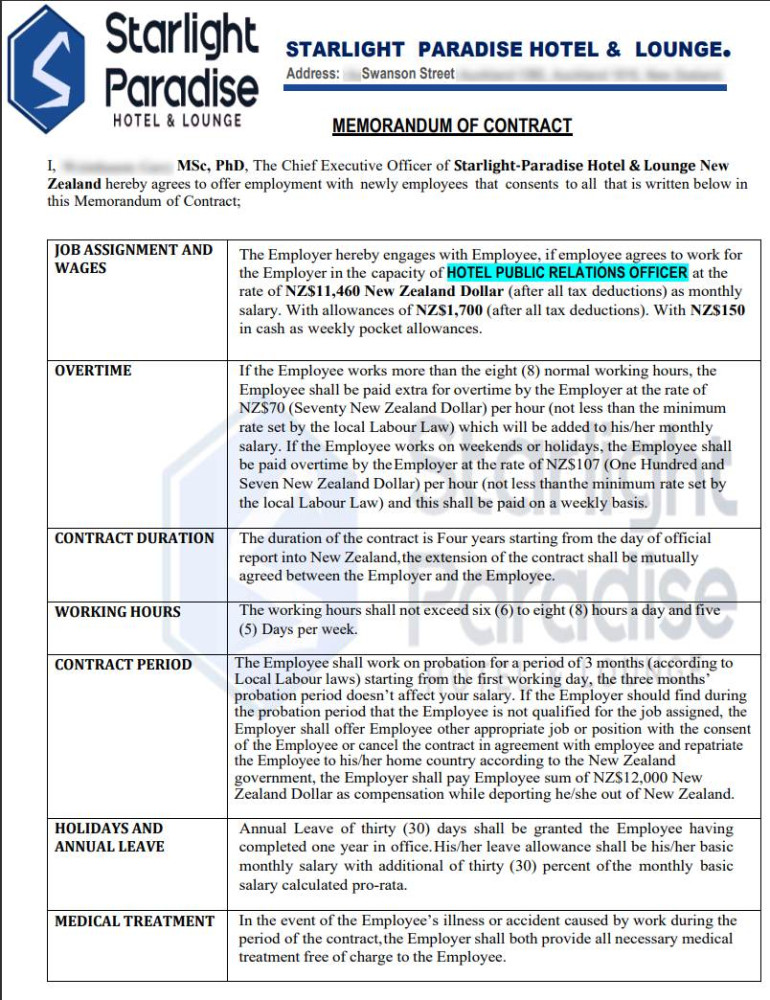Job scams
Job scams (also called 'employment scams') target job seekers with fake opportunities which are often too good to be true.
What they are
Job scams are fake job advertisements and offers designed to trick job hunters into sharing their personal and financial details, or even sending money directly to the scammers.
The fake advertisements may be posted on genuine job listing platforms or social media. They can also be shared directly through unsolicited emails or direct messages. Like other scams, these offers are often too good to be true.
How they work
Scammers usually send out unsolicited offers of employment or put up an advertisement on popular job boards, inviting jobseekers to make inquiries. Once you engage, the scammers will try to quickly move the conversation to platforms like WhatsApp. They may also request sensitive, personal information much earlier than you would expect for a genuine job offer.
Once a scammer has your personal information, they can use it to carry out online fraud and identity theft. This can result in financial loss or negatively impact your credit rating.
Scammers may ask you to pay them for flights and accommodation for an in-person interview, claiming you will be refunded. In some cases, they may even pay you some money upfront to win your trust and then ask you to transfer larger sums later.
Once you have provided sensitive information or deposited money, the scammers will usually cut contact.
Below is an example of a job scam ad. This scammer was pretending to be an employer in New Zealand and targeting a jobseeker overseas.

Signs this is a scam
-
The employer’s details don’t add up
There is no company on the New Zealand Companies Register with this name.
The hotel cannot be found on Google Maps. You would expect a hotel to be listed on Google. Street view also doesn’t show a hotel at this address.
The phone number provided in the letter does not connect.

-
It sounds too good to be true
This is too good a salary to be true for the position advertised.

-
The letter feels made up
The letter uses unnecessarily formal language, has common grammatical mistakes and overall, it reads like a made-up document.

-
There are other inconsistencies in the letter
This offer was sent to a job seeker overseas but this company is not an Accredited Employer on Immigration New Zealand’s list. This means it cannot employ migrant workers.
The letter carries a stamp of approval from the Labour Inspectorate. However, the Labour Inspectorate does not approve job offers.
